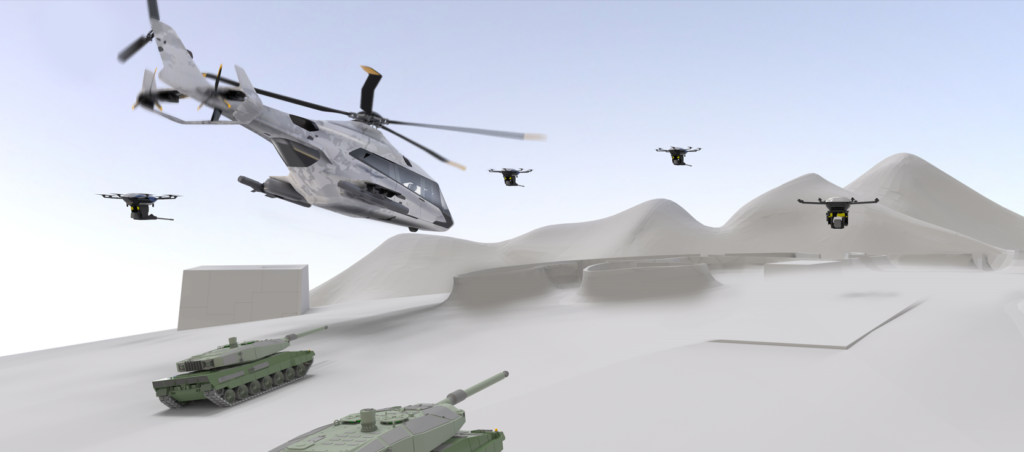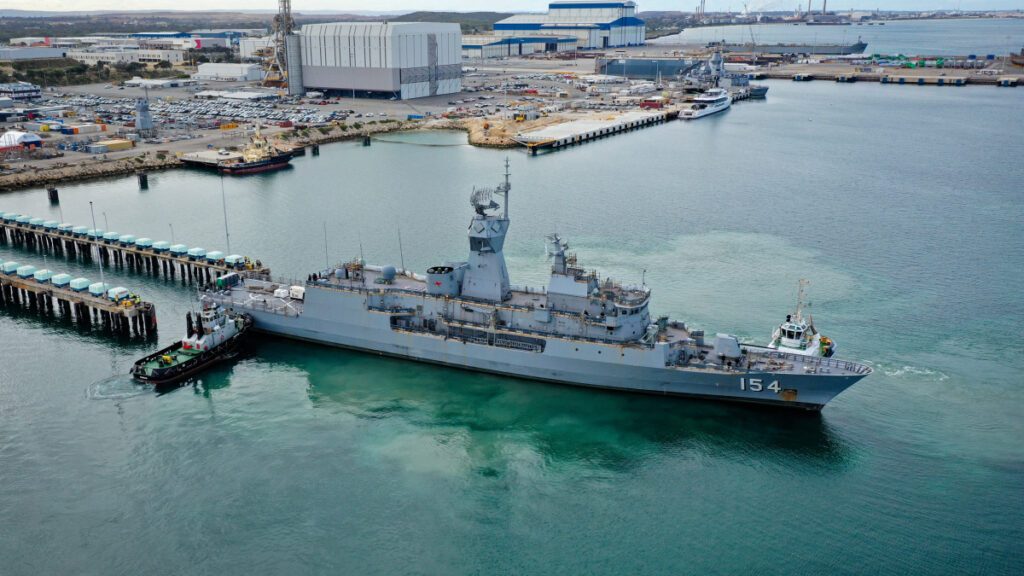Central Computer Processor digital concept (Getty images)
SYDNEY — As part of the fundamental military reforms made in 2015, China brought together most of the Peoples Liberation Army’s space, cyber, electronic, and psychological warfare capabilities into what was called the Strategic Support Force.
Now, nearly a decade later, China’s Defense Ministry announced it was scrapping the SSF and creating a new Information Support Force — a move that PLA spokesman Wu Qian said was “of profound and far-reaching significance to the modernization of national defense and the armed forces and effective fulfillment of the missions and tasks of the People’s military in the new era.”
Wu said it the change, announced Friday, signified “a major decision made by the [Chinese Communist Party, or CCP] Central Committee and the Central Military Commission (CMC). The CMC is the top military entity in China and the Central Committee is the party’s nominal ruling body.
The SSF had reported to the Central Military Commission (CMC), according to a study for the US Institute for National Security Studies.” It led two branches: the Space Systems Department, and the Network Systems Department.
“The [2015] reforms come at an inflection point as the PLA seeks to pivot from land-based territorial defense to extended power projection to protect Chinese interests in the ‘strategic frontiers’ of space, cyberspace, and the far seas,” the INSS study said.
However, a Singapore analyst of the Chinese military, Chong Ja Ian, told Breaking Defense the new move indicates dissastisfaction with the old command and offers a window into Beijing’s priorities in preparing for a future battle.
“First, the focus on information operations underscores the importance that the CCP leadership places on such activities. Secondly, the folding up of the Strategic Support Force, whose own existence was quite short, suggests that CCP leaders are not satisfied with the capabilities and approaches that it provided,” Jong, an associate professor at the National University of Singapore, said in an email.
The PLA spokesman said the Information Support Force “is a brand-new strategic arm of the PLA and a key underpinning of coordinated development and application of the network information system,” which would seem to indicate a sharp focus on networks — a focus the US military shares.
Chong also noted that the ISF’s creation highlights the extensive change to China’s military in the last few years. Those years have seen, of course, a defense minister mysteriously vanish and a number of high ranking officers apparently sacked for corruption.
“The rapid set up and folding up of the SSF, the relatively quick establishment of the ISF, along with the changes in the PLA leadership over the past few years point to continuing adjustment in the military. The absence of objection to these changes further underscore [Chinese leader Xi Jinping’s] unchallenged position within the party and state establishment,” he wrote.


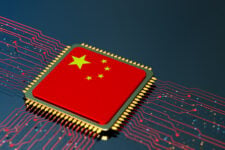

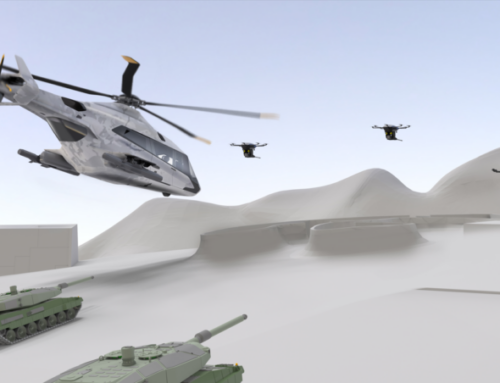
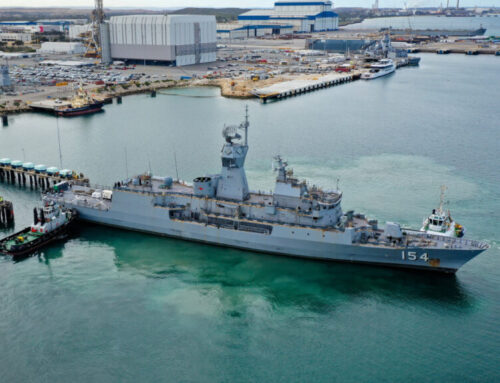
![The sights from the 2024 Farnborough Airshow [PHOTOS]](https://centurionpartnersgroup.com/wp-content/uploads/2024/07/IMG_8722-scaled-e1721930652747-1024x577-hZjwVb-500x383.jpeg)

